Overall Structure
Cluster
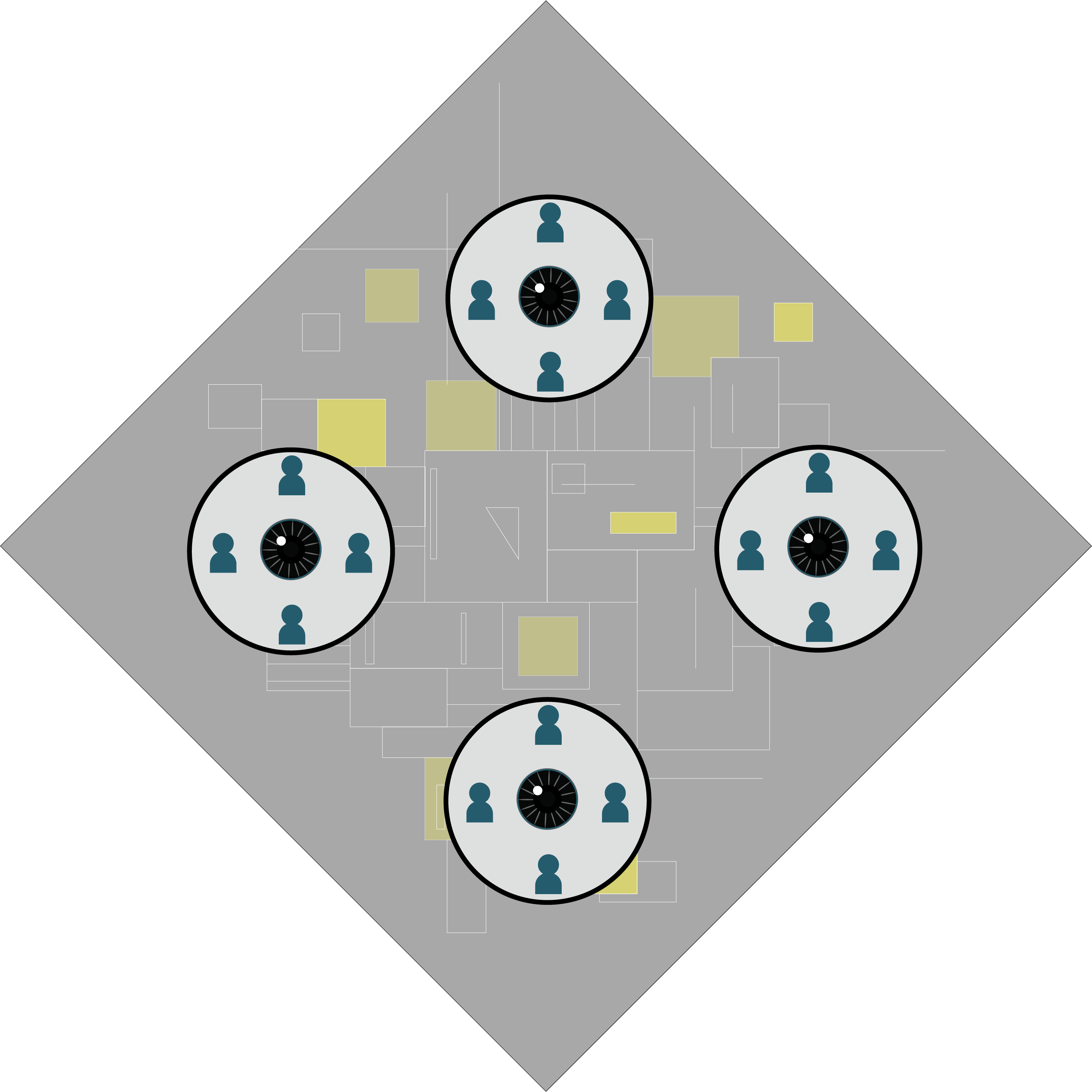
The core of this project is the sustained activity of a science circle in the school.
A cluster consists of about 10 schools that are within a radius of approximately 100 km such that travel between the schools is possible in a few hours. A coordinator with science/science education qualification will be appointed for each cluster and he/she will be designated as a Science Ambassador.
Science Ambassadors, stationed at Nodal Resource Centres (see below) would coordinate the activities in the schools within their cluster. Their primary responsibility is supporting teachers and addressing their needs in running the science circles in a timely manner. They would coordinate distribution of activity materials, collecting feedback, troubleshooting problems in the respective schools, uploading the work of the science circles to a designated portal, etc.
Node
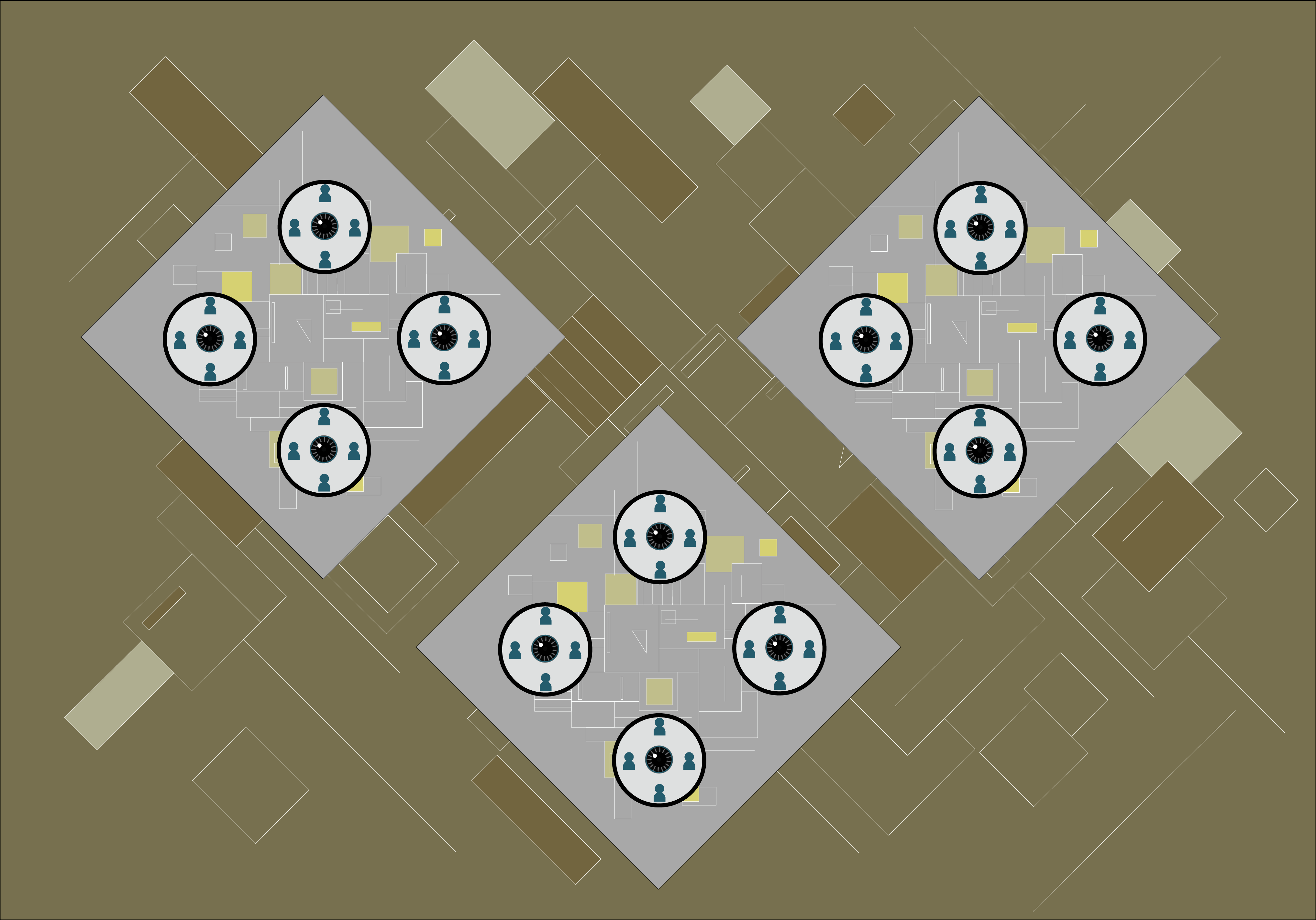
A few school clusters together will constitute a node.
The number of clusters per node may vary between 3 and 5 depending on the density of schools in a given area and the availability of a nodal resource centre with adequate facilities. The nodal resource centres are likely to be located in scientific institutions (such as those of DAE, CSIR, ICAR, etc.), that are able to commit suitable resources for science education through the Vigyan Pratibha project.
Regional Centres
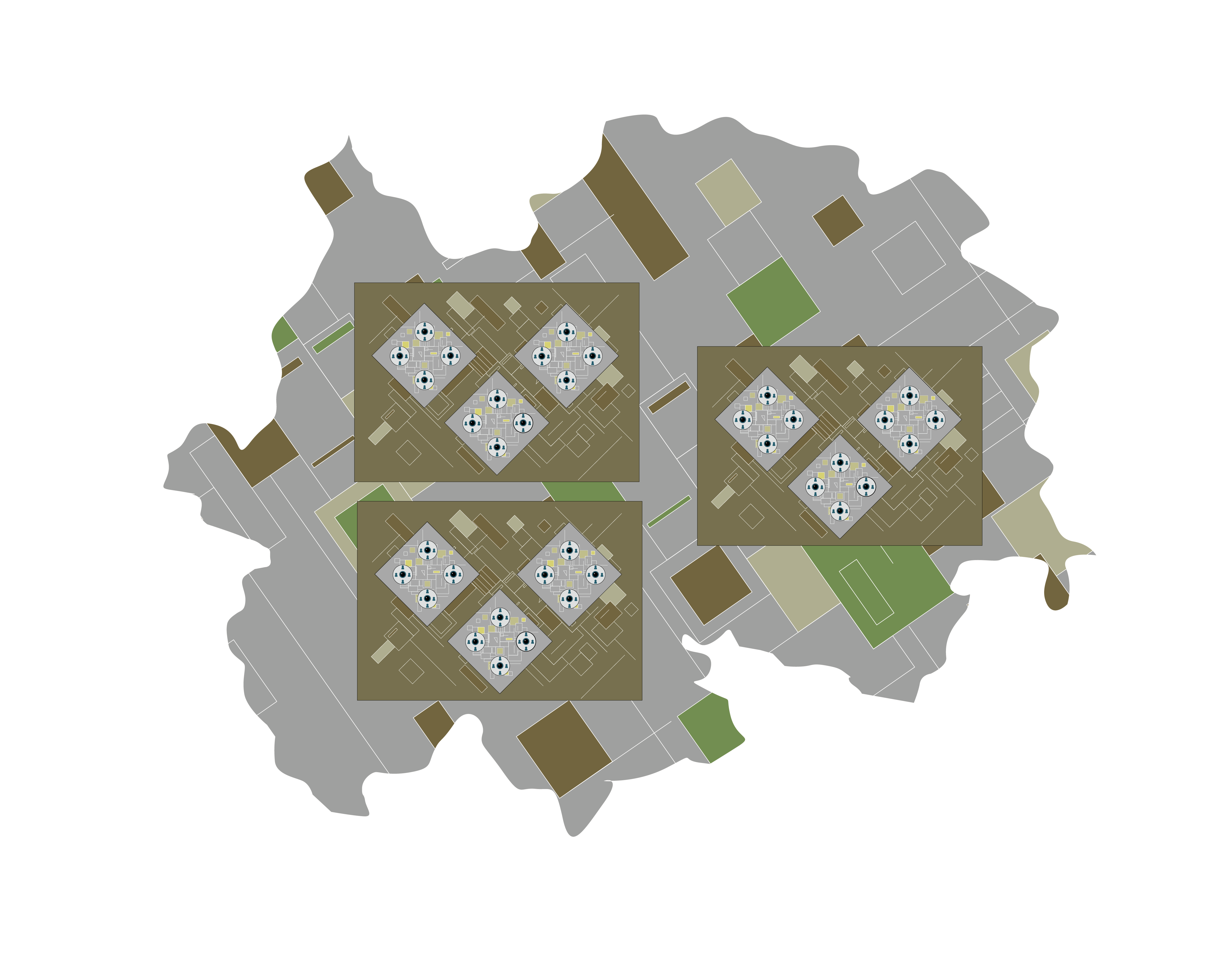
The Regional Centres will be the key implementing institutions of Vigyan Pratibha.
The Science Ambassadors would be stationed at the Nodal Resource Centre and would be mentored by scientists from the nodal resource centres.
Additionally, the scientists would help in development of activity units, coordinating the activities in schools in their regions, providing content support to the teachers and translations of tasks in regional languages. Scientists may also help in conducting some guest sessions in the workshops. Scientists participating in the VP project would be expected to attend pedagogical orientation and development workshops at HBCSE.
Regions
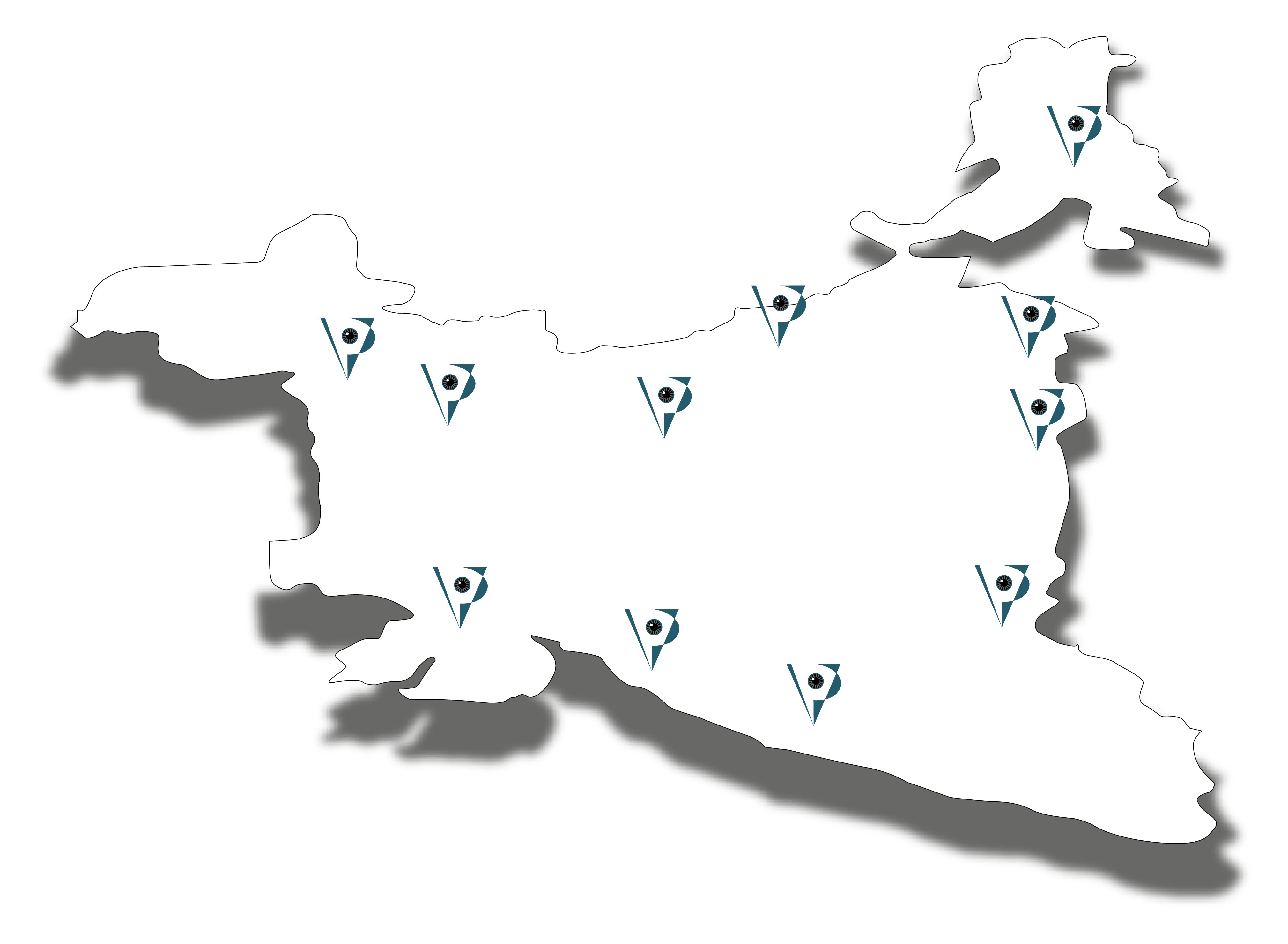
The nodes will be grouped to form about 15 regions across the country.
The Science Ambassadors would be stationed at the Nodal Resource Centre and would be mentored by scientists from the nodal resource centres.
The Regional Centres will be institutions that that already have or are capable of developing a strong profile of work in science education. Beginning with a few units, RCs from all the S&T related departments such as DAE, DST, DBT, DoS, CSIR, ICAR, etc., will be identified as the project rolls out. The burden of implementation will be collectively shared by the RCs, and fund flows will be channeled through them. Further, they will contribute to the development of policies, guidelines and resources, and to the training of master trainers of the Vigyan Pratibha project.
Role of HBCSE
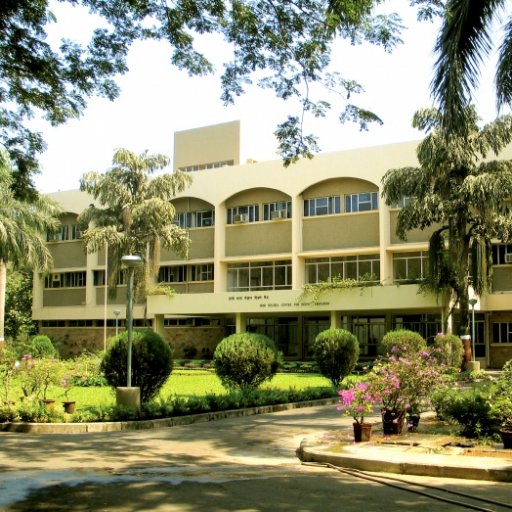
HBCSE will be responsible for developing the policy, guidelines and academic resources for the Vigyan Pratibha project and for teacher training at the top tier of a cascade structure.
HBCSE will frame the guidelines for program implementation at schools, clusters and national level. HBCSE would develop the academic content, including the various units/modules, with the help of experts drawn from the RCs, Nodal Centres and elsewhere.
With the evolution of the program, teachers and even students can contribute new activities and content to the program, and these students and teachers would be duly credited for their contributions. HBCSE will train master trainers, who will in turn train teachers at lower tiers in a cascade model. Regional Centres will participate by contributing resource persons to the training programmes as well as organize training of master trainers on their own. In addition to the above functions, HBCSE will also function as a Regional Centre for the project.
© Copyright 2022 Vigyan Pratibha
Website mantained by HBCSE-TIFR

